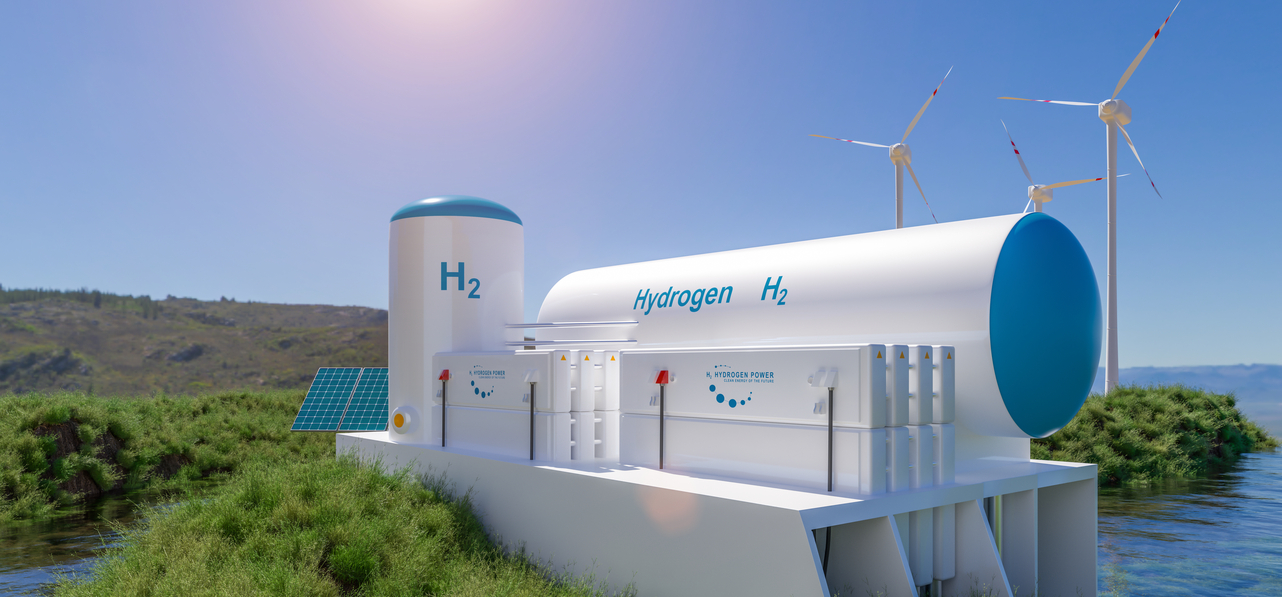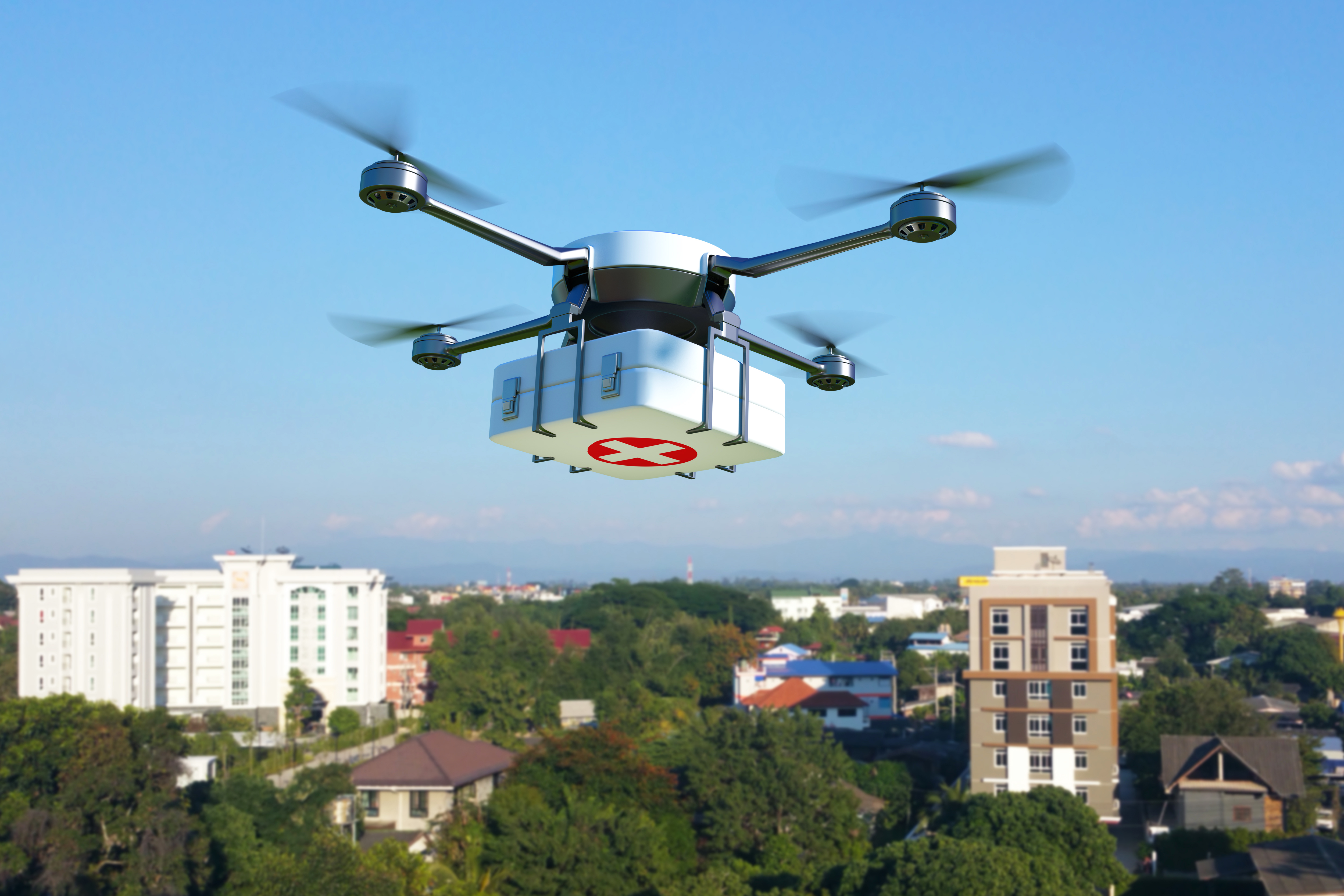Featured Articles
2022-11-07
Hydrogen energy stimulates the infinite possibilities of leapfrogging fields through healthy competition among automakers
 Passing the hydrogen strict verification is the current primary issue to ensure its reliability and safety.
Passing the hydrogen strict verification is the current primary issue to ensure its reliability and safety.Although the commodities using hydrogen fuel as energy are very limited, Toyota and Hyundai have gradually played a leading role in mass production of hydrogen vehicles and trying to establish ecosystems and industrial supply chains and expand application areas. French automaker Renault, which was originally conservative about hydrogen vehicles, announced details of Scenic Vision's electric hydrogen hybrid concept car in May 2022, scheduled for production at a plant in France in 2024, and declared that this electric hydrogen power system will be part of the long-term vision beyond 2030, and there are at least a clearer outline of the future of hydrogen vehicles. In fact, in March of the same year, the company published a teaser drawing of its sports car brand Alpine using hydrogen fuel cell concept to superrun. In the future, other automakers will enter the process of hydrogenization, and it will be difficult to avoid taking a similar route to Toyota and Hyundai.
The greatest benefit of hydrogen energy in the automotive industry is not all about shaping new energy vehicles, but more importantly, fuel cells and hydrogen storage tanks through the strict verification of automobiles, after such reliability and safety are fully ensured, they can be safely extended to other applications. For example, in 2022, Toyota Motor Corporation announced the prototype of a portable hydrogen storage tank, which is designed to be similar to a propane one and can be easily replaced. Toyota has already used 16 hydrogen storage tanks in the Suzuka SUPER Endurance Tournament to integrate them into two modules and fill them with 45Mpa pressure to verify their reliability, safety and hydrogen storage capacity. A hydrogen storage tank can provide enough power for a home microwave oven to run for 3 to 4 hours. It can supply facilities that are not connected to the grid or for home use, or emergency backup power, and also be used in motorcycle cars or drones. Lithium batteries have the same function, but the stored electricity will decline over time; But hydrogen storage tanks don't have this problem.
New energy vehicles are not only a revolution in the automobile industry, but also through the benign competition and interaction between car manufacturers, to carry out a vast application space beyond the automobile, no longer a narrow automotive field, but a large scale new energy industry, extending to various industries. Hyundai and Toyota have offered a variety of possibilities for this big picture, which is bound to become the benchmark for car manufacturers, stimulating a variety of forward-looking technologies and application ideas.
The post-2020s are a critical time for the automotive industry to face rapid changes and challenges. The COVID-19 pandemic has disrupted the automotive supply chain and highlighted the fragility of semiconductors across the entire supply and demand system. Inflation caused by the Russo-Ukrainian War, etc., which made oil prices high; Climate anomalies lead to power consumption imbalances and power curtailment measures have made energy supply stability a major issue. Major automakers can no longer face this era of mutation with traditional thinking. However, no matter how high the oil price, the supply is less of a problem, but the lack of electricity is more likely to occur, which is enough to reflect the fact that lithium vehicles are the most vulnerable in the entire ecosystem. Hydrogen fuel has great advantages in terms of storage convenience, mobility and economy.
The automobile industry has been greatly impacted by the energy revolution, and representative car manufacturers have obtained market returns in the insistence of new technologies, represented by Toyota's hybrid and Tesla's lithium batteries, because of their persistence, they can become leaders in their respective fields, and then drive the pulse of the entire automobile industry. However, the above benchmarks are only the middle of the energy revolution of the automobile, not the end. If you only take the current market as the guideline, you will still end up losing the game, and you must operate the automotive business from a more macro perspective to lead the pattern of hydrogen energy development in the world and create a diversified cross-industry market. Hyundai's efforts and persistence have heralded the inevitability of this situation.
References
The greatest benefit of hydrogen energy in the automotive industry is not all about shaping new energy vehicles, but more importantly, fuel cells and hydrogen storage tanks through the strict verification of automobiles, after such reliability and safety are fully ensured, they can be safely extended to other applications. For example, in 2022, Toyota Motor Corporation announced the prototype of a portable hydrogen storage tank, which is designed to be similar to a propane one and can be easily replaced. Toyota has already used 16 hydrogen storage tanks in the Suzuka SUPER Endurance Tournament to integrate them into two modules and fill them with 45Mpa pressure to verify their reliability, safety and hydrogen storage capacity. A hydrogen storage tank can provide enough power for a home microwave oven to run for 3 to 4 hours. It can supply facilities that are not connected to the grid or for home use, or emergency backup power, and also be used in motorcycle cars or drones. Lithium batteries have the same function, but the stored electricity will decline over time; But hydrogen storage tanks don't have this problem.
New energy vehicles are not only a revolution in the automobile industry, but also through the benign competition and interaction between car manufacturers, to carry out a vast application space beyond the automobile, no longer a narrow automotive field, but a large scale new energy industry, extending to various industries. Hyundai and Toyota have offered a variety of possibilities for this big picture, which is bound to become the benchmark for car manufacturers, stimulating a variety of forward-looking technologies and application ideas.
The post-2020s are a critical time for the automotive industry to face rapid changes and challenges. The COVID-19 pandemic has disrupted the automotive supply chain and highlighted the fragility of semiconductors across the entire supply and demand system. Inflation caused by the Russo-Ukrainian War, etc., which made oil prices high; Climate anomalies lead to power consumption imbalances and power curtailment measures have made energy supply stability a major issue. Major automakers can no longer face this era of mutation with traditional thinking. However, no matter how high the oil price, the supply is less of a problem, but the lack of electricity is more likely to occur, which is enough to reflect the fact that lithium vehicles are the most vulnerable in the entire ecosystem. Hydrogen fuel has great advantages in terms of storage convenience, mobility and economy.
The automobile industry has been greatly impacted by the energy revolution, and representative car manufacturers have obtained market returns in the insistence of new technologies, represented by Toyota's hybrid and Tesla's lithium batteries, because of their persistence, they can become leaders in their respective fields, and then drive the pulse of the entire automobile industry. However, the above benchmarks are only the middle of the energy revolution of the automobile, not the end. If you only take the current market as the guideline, you will still end up losing the game, and you must operate the automotive business from a more macro perspective to lead the pattern of hydrogen energy development in the world and create a diversified cross-industry market. Hyundai's efforts and persistence have heralded the inevitability of this situation.
References
-
2022-04-02, 騰訊網, 引領未來氫能社會轉型——現代汽車走出了“韓國經驗”
-
2022-07-22, Hydrogen Central, A Green Hydrogen Economy Depends on This Little-Known Machine
-
2021-09-07, Hyundai Motor, Press release, Hyundai Motor Group presents its vision to popularize Hydrogen by 2040 at Hydrogen Wave Forum
- 2021-09-06, CNET, Antuan Goodwin, Hyundai's Fuel Cell Trailer Drone is the future of trucking, minus the trucks
- 2021-09-07, Hyundai Motor, Press release, Vision FK, the world’s first high-performance eco-friendly hydrogen electric vehicle



